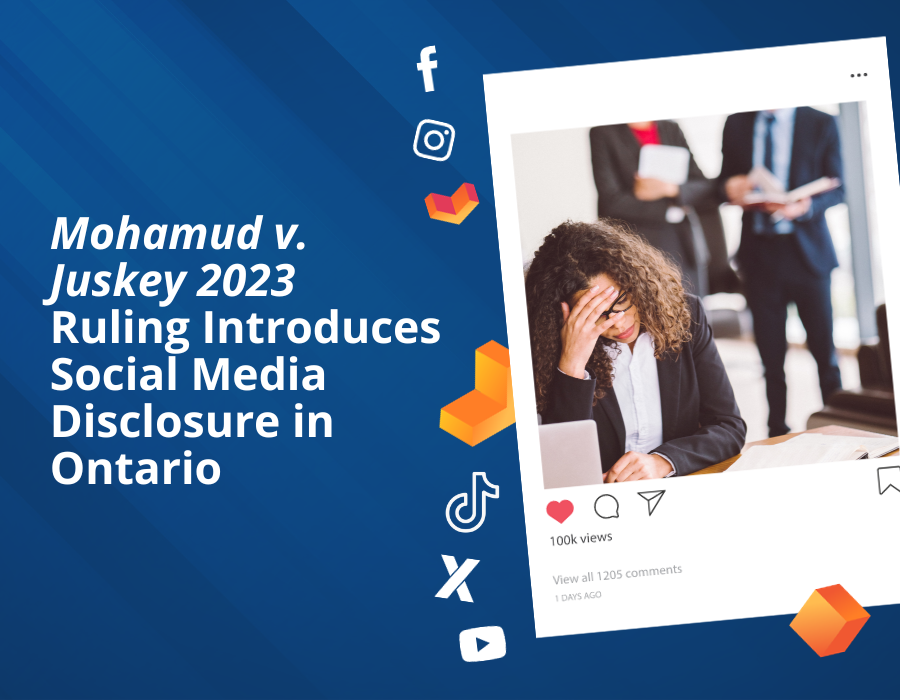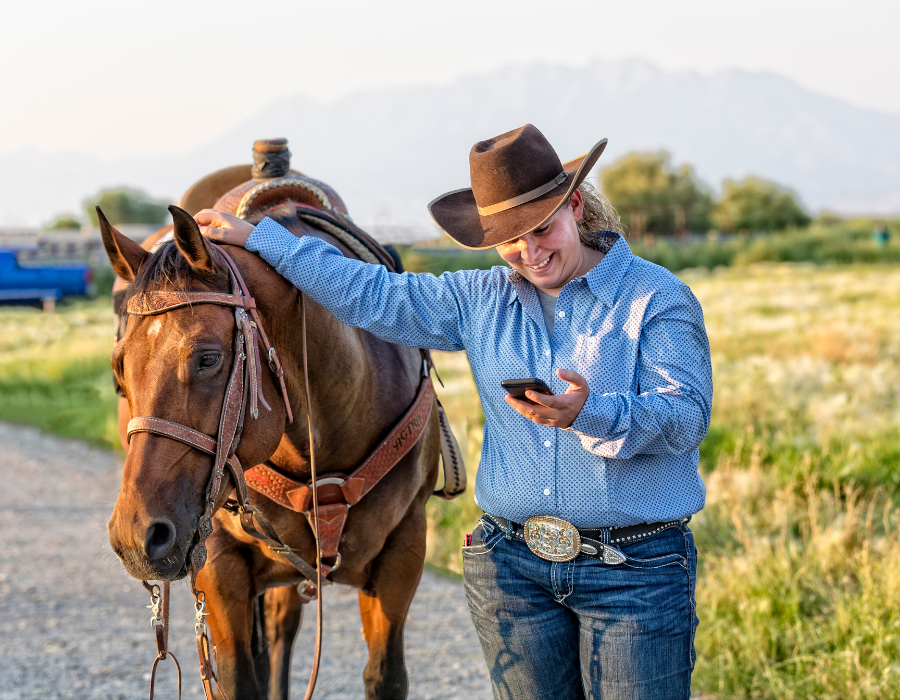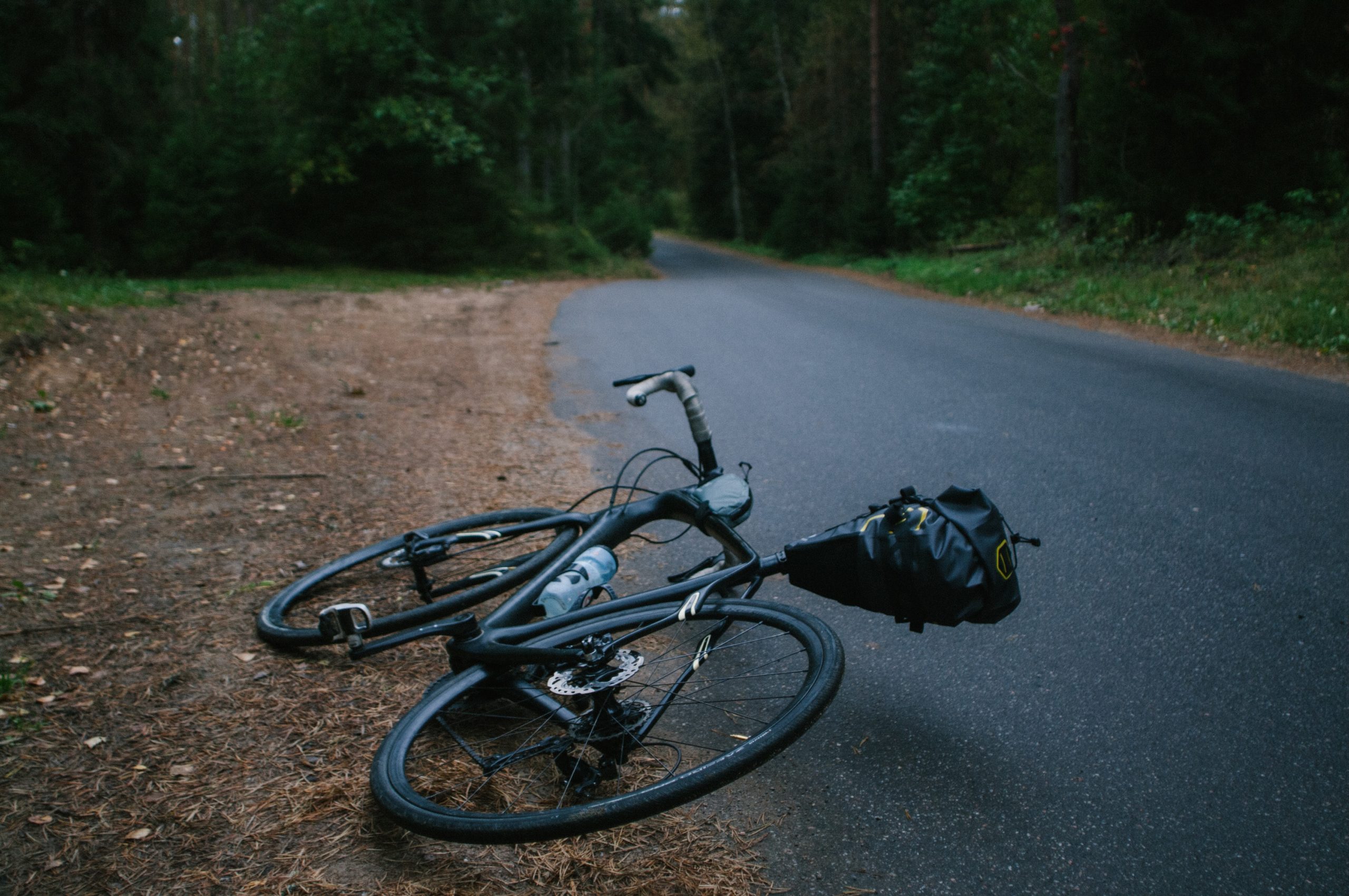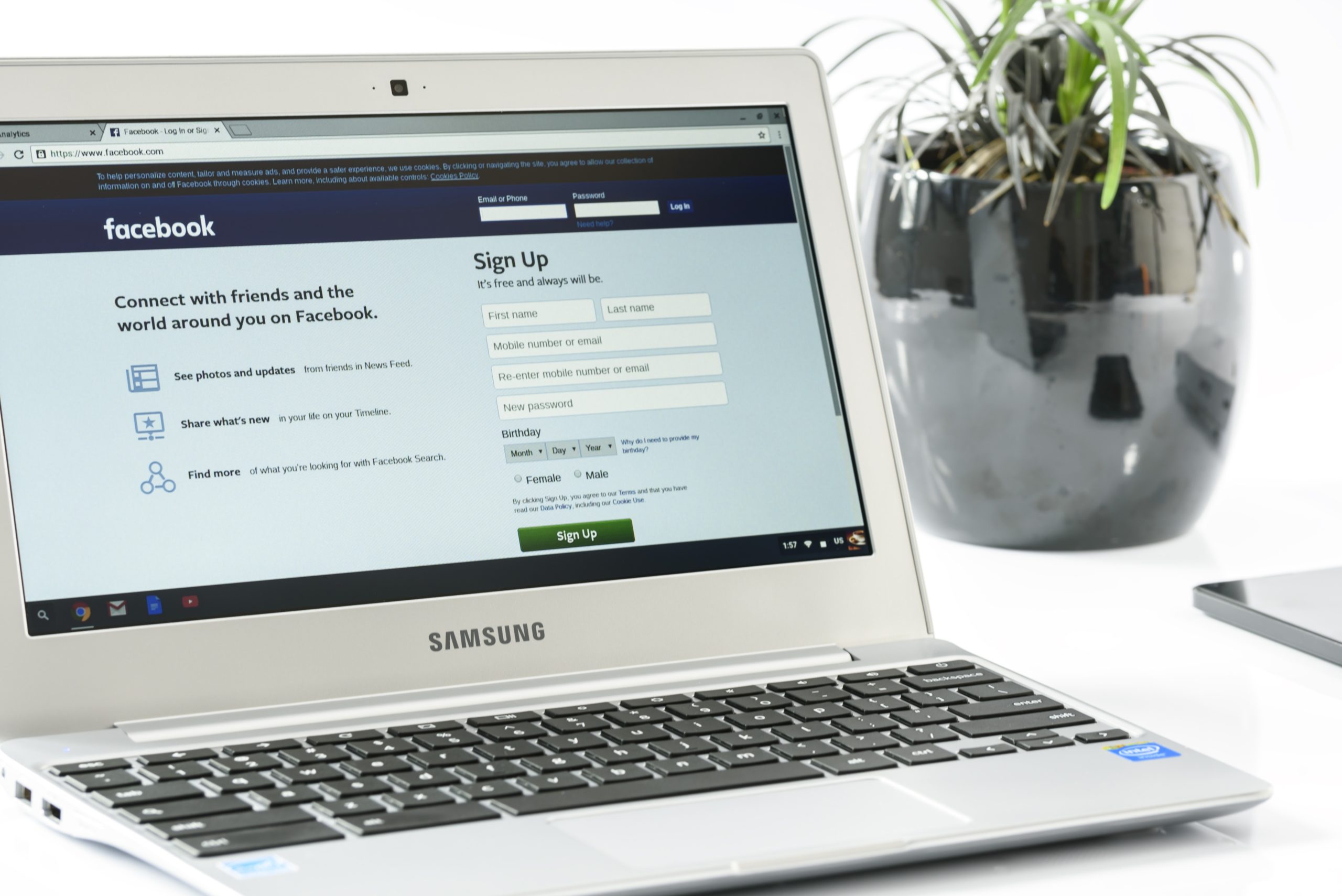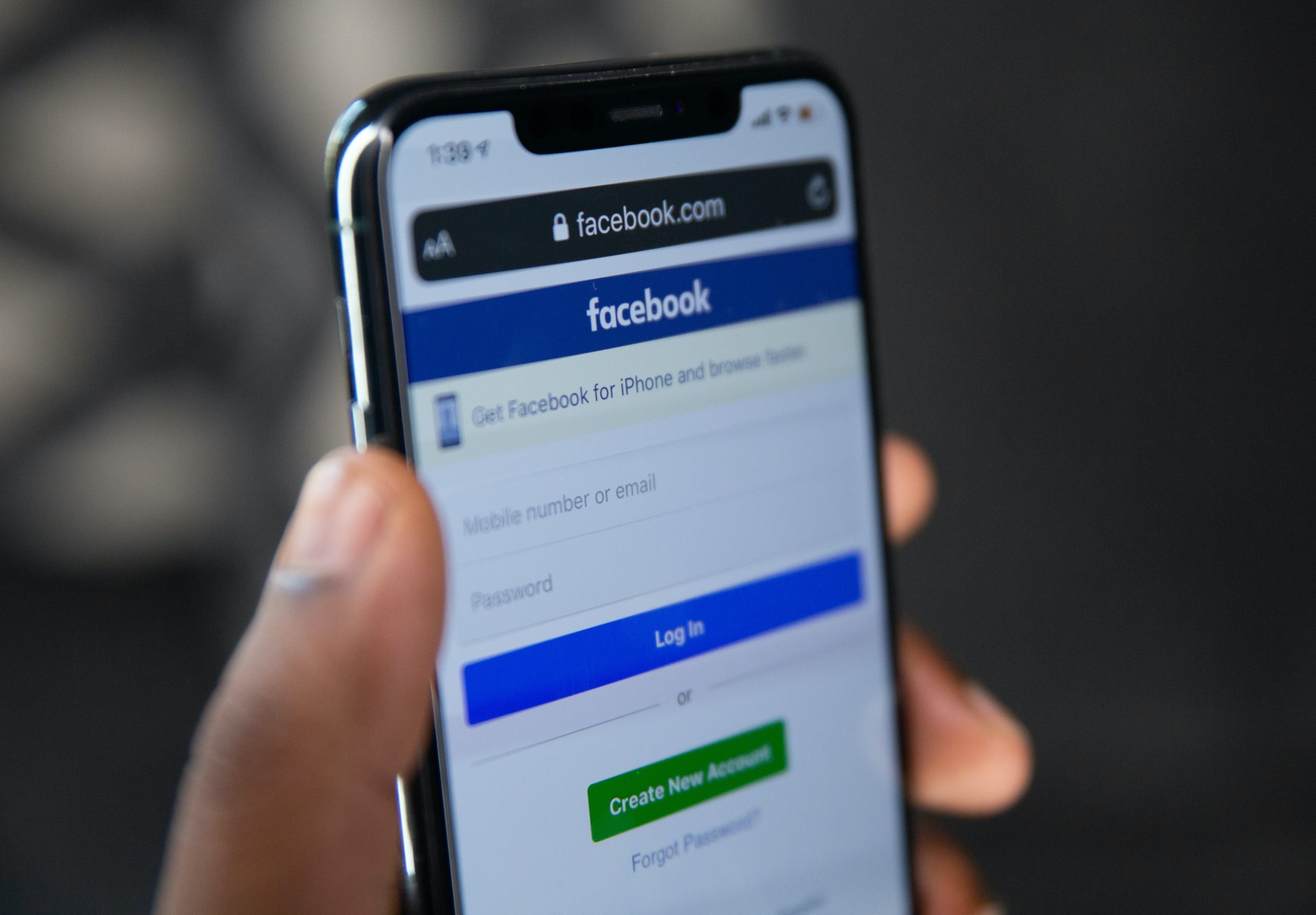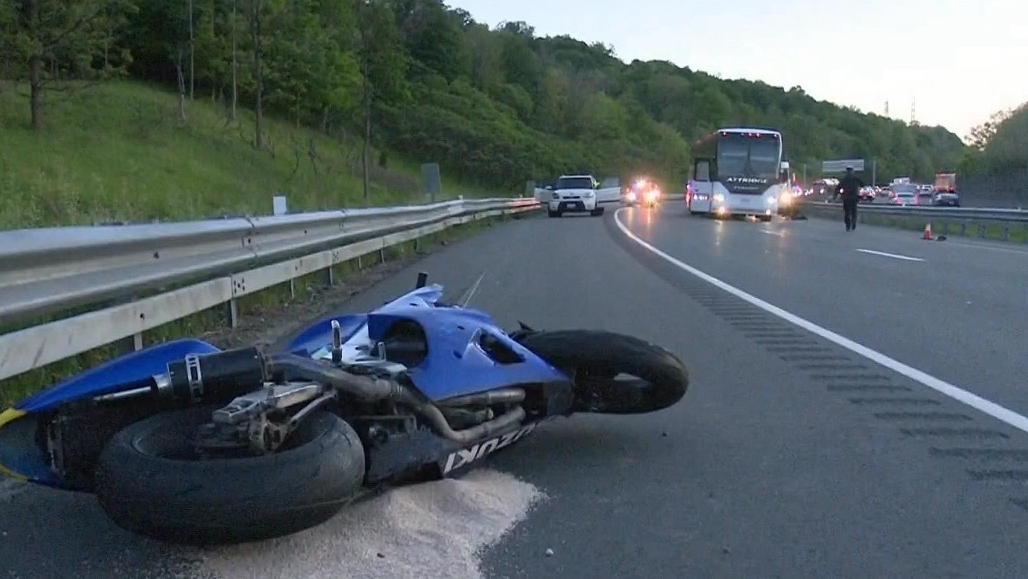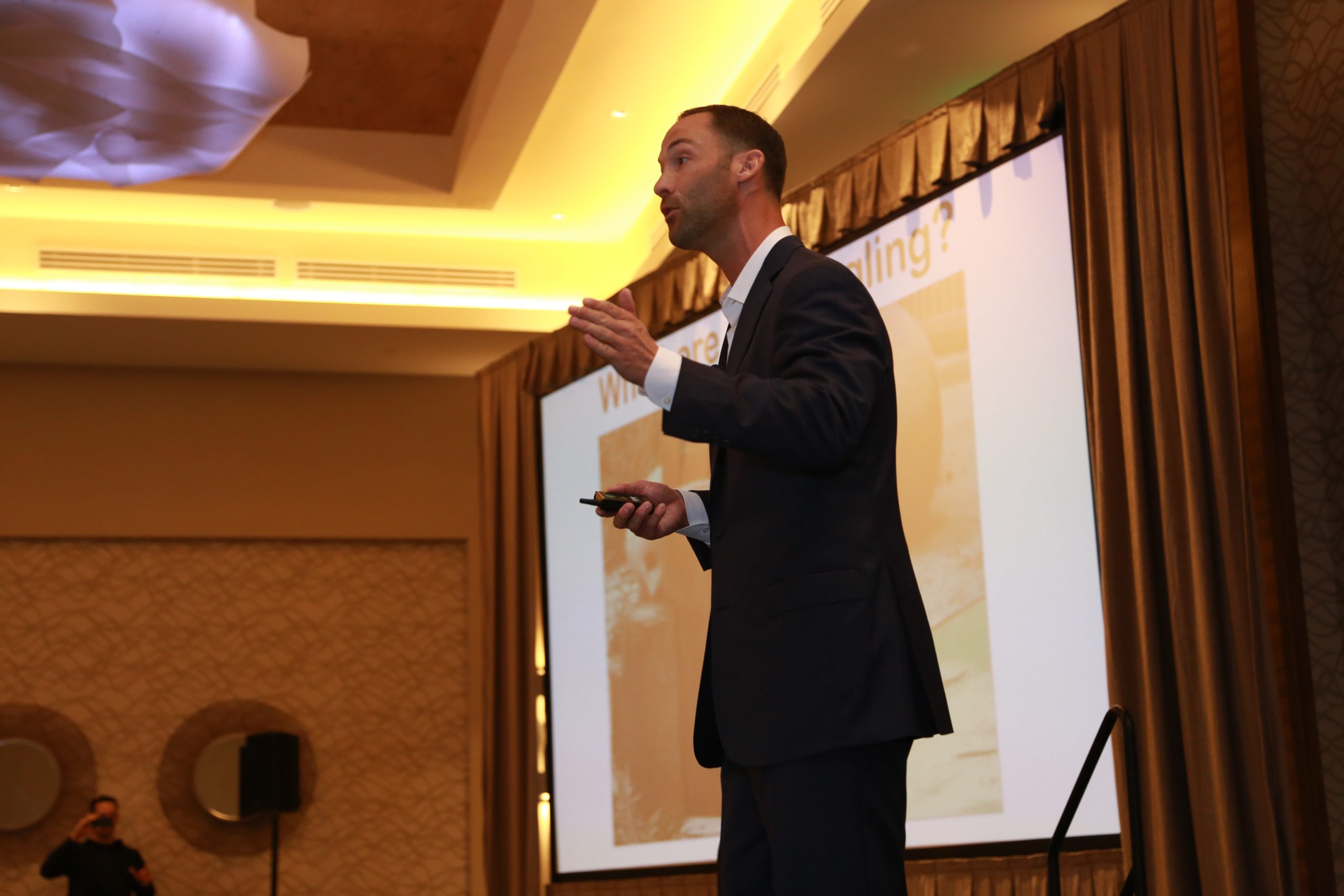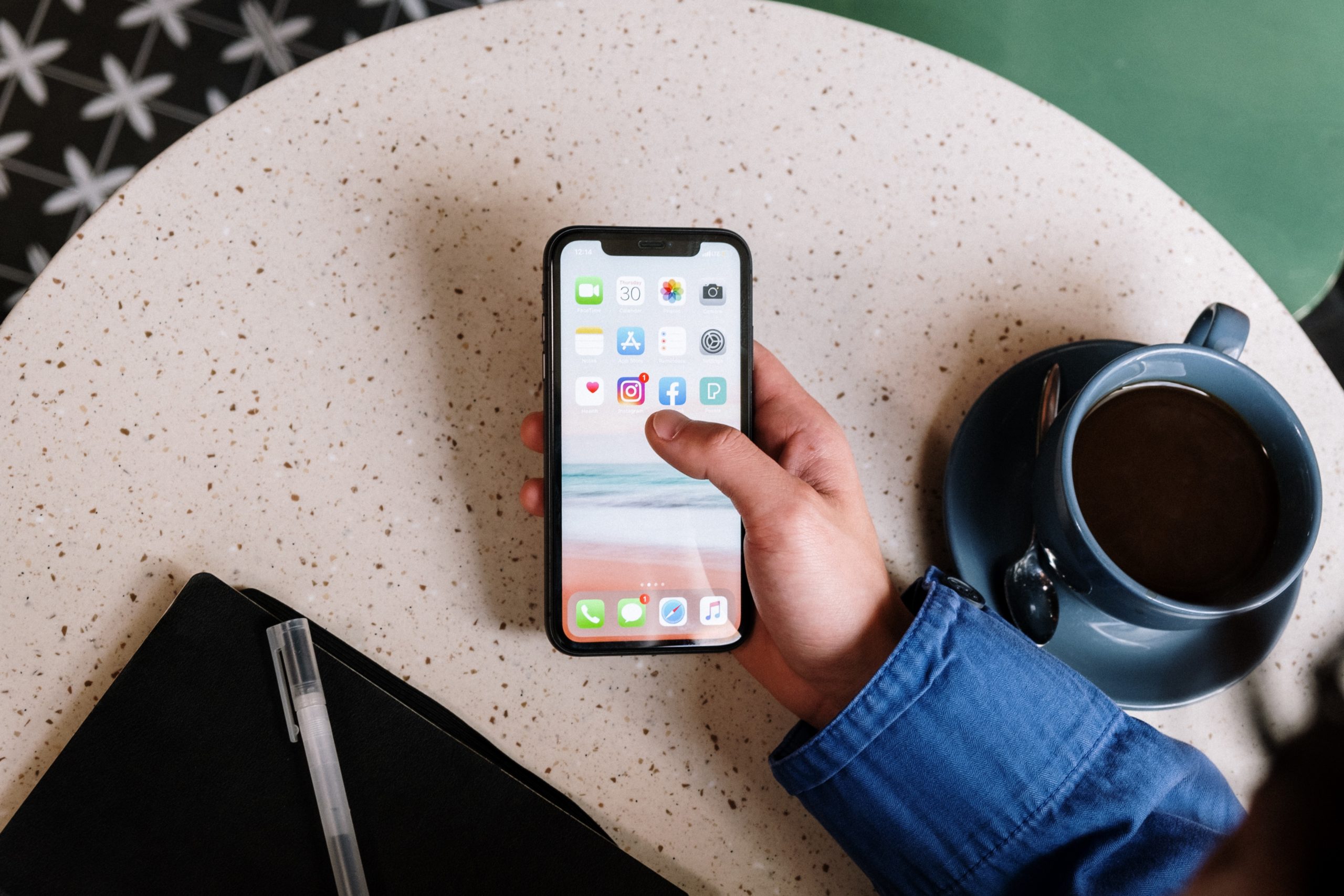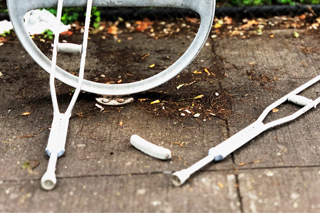Case Name: Crane v. Clark
Citation: 2013 Cal. App. Unpub. LEXIS 7245, 2013 WL 5536205 (Cal. App. 1st Dist. Oct. 8, 2013)
Judge: Honorable J. Richman, Honorable J. Haerle, Honorable P.J. Kline
County: County of San Francisco, California
Facts
In a California motor vehicle accident case, the plaintiff, Crane, was a passenger in a taxi that was rear-ended in 2007. He sued the driver for extensive medical damages, introducing over $46,000 in bills and expert testimony projecting more than $2 million in future costs. The defendant admitted liability for the collision but contested the extent and cause of Crane’s injuries. During trial, the defense introduced social media evidence from the plaintiff’s Facebook account that contradicted the severity of claimed injuries.
Ruling
The appellate court upheld the trial court’s judgment, denying Crane’s motion for a new trial. One of the pivotal pieces of defense evidence was a Facebook post where Crane described a skiing accident in 2010. The post was dated three years after the car crash but shortly before he underwent surgery. The post read: “Ski patrol forgot the cliff sign and I was lucky enough to fall in these trees before going over.” The defense used this post, along with proof that Crane participated in vigorous activities before and after the car accident, to challenge causation. The jury ultimately awarded only ~$500 in medical damages and $9,800 in general damages, far below what was sought.
Key Takeaways
- In California, courts have upheld the admissibility of social media evidence used to undermine the severity or cause of injury claims.
- Posts documenting physical activity after an alleged injury can significantly weaken a plaintiff’s personal injury claim.
- Defense use of social media can effectively shift liability narratives and reduce jury awards.
Final Thoughts
This California appellate decision serves as a cautionary tale for personal injury attorneys: social media production requests are not the only concern. Public posts may already exist and be leveraged to great effect at trial. Digital content that appears harmless or humorous to a client can undercut years of case-building. Proactively identifying such material with platforms like Private Footprint ensures legal teams can confront or contextualize problematic evidence before it’s weaponized in court.
Private Footprint Keeps You in the Know
Your clients’ social media activity may be a goldmine or a minefield, but accessing this content, organizing it chronologically, and producing it in a usable format is exceptionally burdensome on legal team. Private Footprint was developed by Personal Injury attorneys to help plaintiff-only law firms avoid the Discovery/Deposition Surprise and gain clear visibility into their clients’ social media activity to protect and increase the value of their files. We’re also enabling paralegals and legal assistants to produce client social media reports in minutes, not hours. All this for only $100 per client (plus taxes), invoiced as individual receipts itemized for ease of tracking disbursements. No hidden fees, no subscriptions, no surprises.
Request a Demo to learn more about Private Footprint and how you can start protecting the value of your files.

















